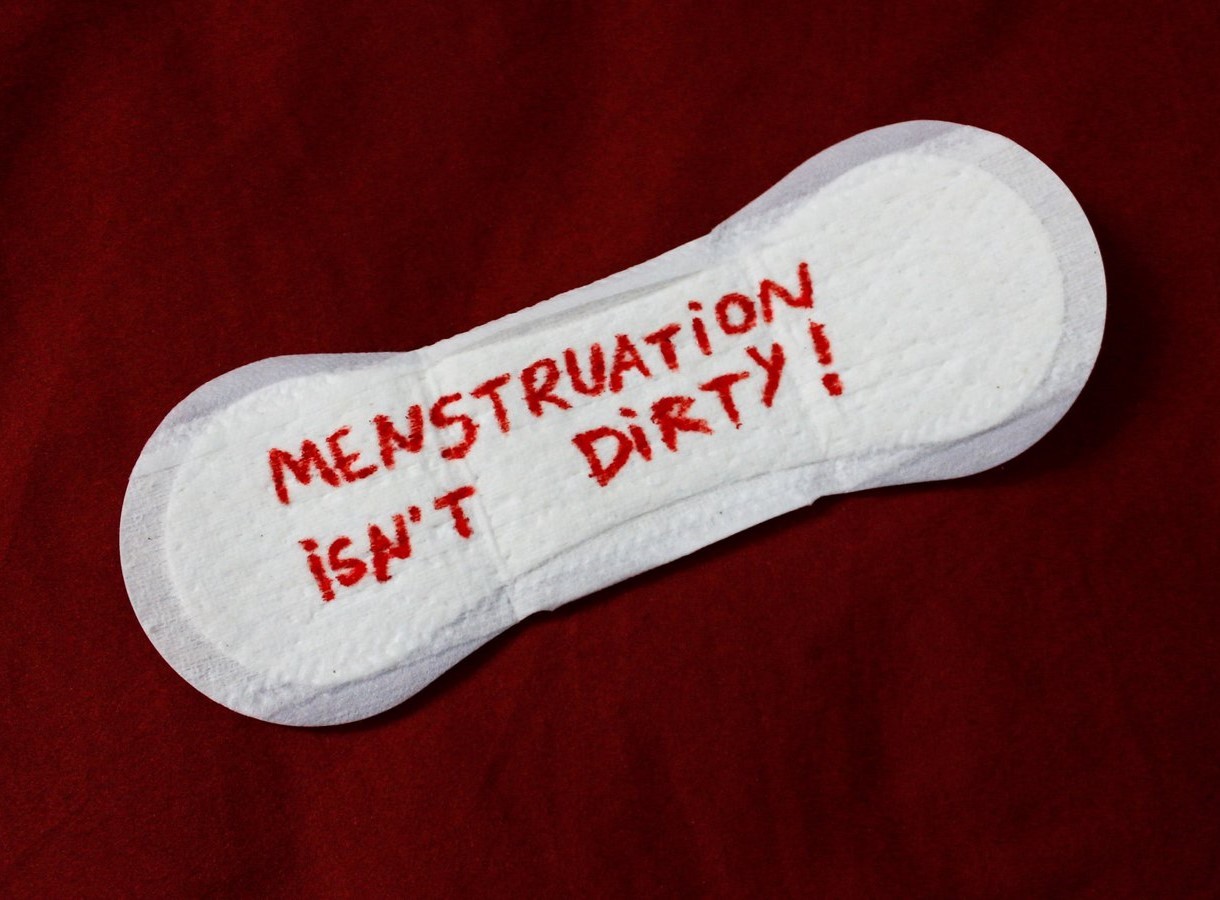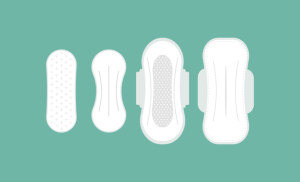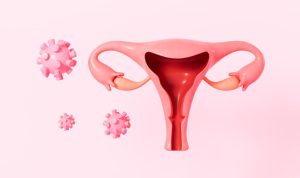You may think you know all about menstruation. Yet, behind the curtain of talk about tampons, cramps, and PMS lies a much bigger story that has been told for centuries but remains shrouded in taboo.
Whether you are a parent helping your daughter’s find the best pads for periods in Pakistan for her first menstrual cycle, or someone looking for ways to reduce PMS symptoms, it pays to understand more about menstruation beyond just the surface level.
In this blog, we’ll explore our culture’s historical view on periods and why updating our outlook on menstruation is important.
We’ll also uncover the science behind how the menstrual cycle works and how we can use that knowledge to better our bodies and create healthier habits during this time each month.

The History & Culture of Menstruation
Menstruation is something that has been around for centuries, but it is still steeped in stigma and taboo in many parts of the world. To really understand menstruation and the role it plays in our lives, it’s important to examine its history and culture.
In the past, menstruation was often associated with superstition and fear, with some cultures believing that a woman’s menstrual blood could bring bad luck or even sickness.
As a result, many women were excluded from everyday activities during their cycle, isolated, or even punished for expressing their natural bodily functions.
Today, attitudes toward menstruation and its effects on women’s health are shifting as society continues to learn about it. By understanding the realities of menstruation and breaking down taboos around it, we can empower women to take control of their bodies so they can experience not only physical but also emotional comfort throughout their cycle.

Physical & Mental Changes During Menstruation
Understanding menstruation doesn’t just mean understanding the physical changes, there are also significant mental and emotional changes that come with it.
During menstruation, levels of serotonin, a neurotransmitter that can affect mood, can drop significantly. This is why many women experience an upswing in feelings of unhappiness and irritability which can lead to further negative effects on the body like fatigue, headaches, and cramps. It’s important to be mindful of these changes and take steps to mitigate them.
Eating healthy, exercising regularly, and getting enough sleep can go a long way in helping to reduce the intensity of these symptoms.
Additionally, talking to someone about your feelings can be beneficial as well as engaging in activities that you find calming and relaxing like yoga or meditation. By being proactive about our mental health during this time we can ensure a smoother ride through our periods.
How to Deal with the Different Symptoms of Menstruation?
One of the most common symptoms of menstruation is abdominal cramps, which can range from mild discomfort to intensely painful. As a way to cope with cramping, you can try some simple self-care techniques such as:
- Drinking plenty of fluids
- Avoiding caffeine and alcohol
- Exercising regularly
- Taking a warm bath or hot shower
- Applying heat on your abdomen area
- Practicing relaxation techniques such as deep breathing or meditation
If these methods don’t help relieve your menstrual cramps then you may need to speak with your healthcare provider about alternate treatment options such as medications and hormonal therapy.
In addition to the physical pain associated with menstruation, many women experience emotional symptoms like feeling anxious or irritable. It is important to take care of yourself during this time by doing activities like getting enough sleep, eating balanced meals, connecting with friends and family for emotional support, practicing self-care activities like yoga or other forms of exercise to reduce stress levels, and being kind to yourself.
Breaking the taboo around menstruation can help give people the understanding that PMS is a natural part of the menstrual cycle and shouldn’t be viewed as something shameful or embarrassing.
Recipes and Practices to Reduce Pain & Cramps
During your menstrual cycle, it’s common to experience stomach cramps, lower back pain, and other uncomfortable symptoms. While these symptoms can be difficult to manage, there are natural remedies you can incorporate into your diet and lifestyle that can help ease the discomfort.
Acknowledge the fact that your body is going through a natural process and then look for ways to reduce the amount of pain and cramping you experience.
One tactic is to try eating certain foods that can reduce the inflammation associated with menstruation, such as nuts, fatty fish, dark leafy greens, and avocados. Additionally, try limiting your salt intake by avoiding processed food items.
Yoga is also another way to relieve menstrual cramps – manipulating your body into specific positions helps reduce tension and increases blood flow throughout the body.
Making simple dietary and lifestyle changes can help minimize the amount of pain associated with menstruation. Understanding these changes and implementing them into your daily routine is essential in breaking the taboo around menstruation!
Plus, don’t hesitate to choose the best pads in Pakistan that are best-suited to you so that your period may be comfortable and stress-free.
Overcoming Menstruation-Related Fears & Embarrassment
Menstruation can be a daunting experience for many girls and women, and it’s only natural to feel embarrassed or scared when it comes to talking about it. However, it’s important to understand that what we’re going through is completely normal and nothing to be ashamed of.
There are so many resources available to help us better understand our bodies and what we’re going through. You can read articles online, talk with friends, or seek advice from a medical professional.
It’s also important to remember that we are not alone—there are millions of others who experience the same things as us every month. Understanding our bodies and our symptoms can alleviate any fears or anxieties related to menstruation.
So, let’s break the taboo! The more we talk openly about menstruation, the easier it will be for us to understand our own cycles, take control of our own health, and be able to choose the right sanitary pads in Pakistan.
Benefits of Understanding Menstruation
Understanding your cycle can offer a range of benefits. Knowing how your body works and what to expect when it comes to your period can help reduce stress, anxiety, and fear. It can also encourage more open dialog about menstruation among family and friends, which can help to break the negative stigma that surrounds it.
By understanding your menstrual cycle you’ll become more in tune with your body’s needs. This in turn can lead to improved self-care such as eating better, getting enough sleep, exercising regularly and choosing the best sanitary pads in Pakistan.
Moreover, knowing when you’re ovulating can help if you’re trying to get pregnant or are trying to avoid pregnancy. Understanding menstruation is the key to feeling empowered and in control of your own body!
All in all, it’s time to embrace womanhood, because if menstruation continues to stay a taboo topic in many cultures and societies, the lack of knowledge and access to resources, combined with the stigma attached to menstruation, can lead to health complications and a lack of confidence for those affected.
Indeed, to break this taboo and promote a better understanding of menstruation is important to learn more about the biology of menstruation, to build awareness and access to necessary resources, and to empower an entire generation of women.







